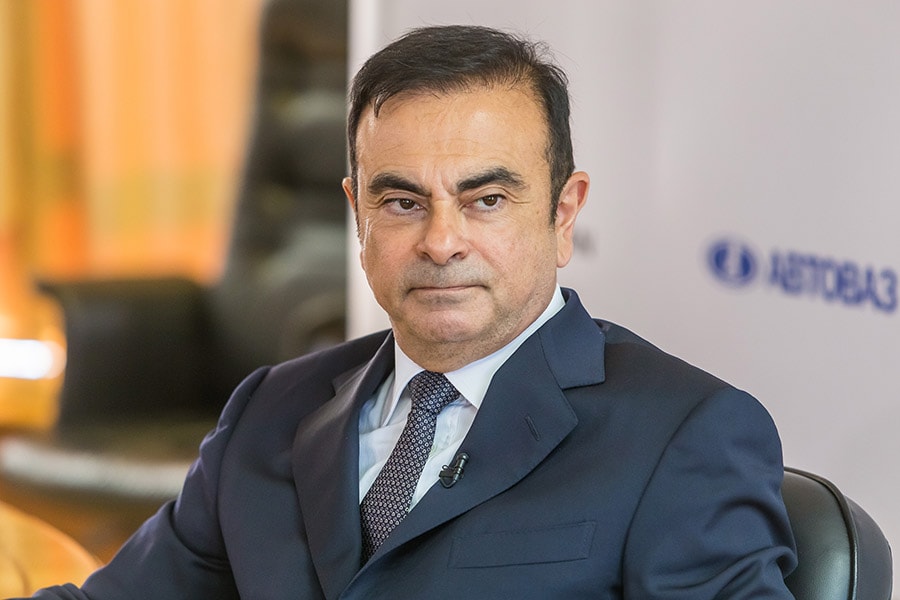
Carlos Ghosn's former Nissan deputy gets suspended sentence
A little more than two years after former Nissan chief Carlos Ghosn fled Japan to escape criminal charges, a Japanese court Thursday convicted his American former deputy Greg Kelly of helping him conceal part of his compensation from regulators
 Carlos Ghosn, former Nissan chief
Carlos Ghosn, former Nissan chief
TOKYO — A little more than two years after former Nissan chief Carlos Ghosn fled Japan to escape criminal charges, a Japanese court Thursday convicted his American former deputy of helping him conceal part of his compensation from regulators.
A judge sentenced the deputy, Greg Kelly, to six months in jail for his role in hiding Ghosn’s pay during one fiscal year but cleared him of involvement in similar efforts during other periods spanning almost a decade. The sentence will be suspended for three years, effectively allowing Kelly to walk free. Prosecutors had asked for two years.
The verdict — effectively a rejection of much of the government’s case — is likely to be the last in Japan’s yearslong legal battle against Ghosn, a titanic clash that many critics said illustrated serious flaws in the Japanese legal system.
James Wareham, an American lawyer for Kelly, called the verdict an attempt by Japan’s government to save face in light of the dearth of evidence against his client.
In December 2019, Ghosn fled Japan for Lebanon to evade what he called an unjust Japanese legal system, leaving Kelly behind to face what many saw as a proxy trial of the high-flying former Nissan chief.
©2019 New York Times News Service







